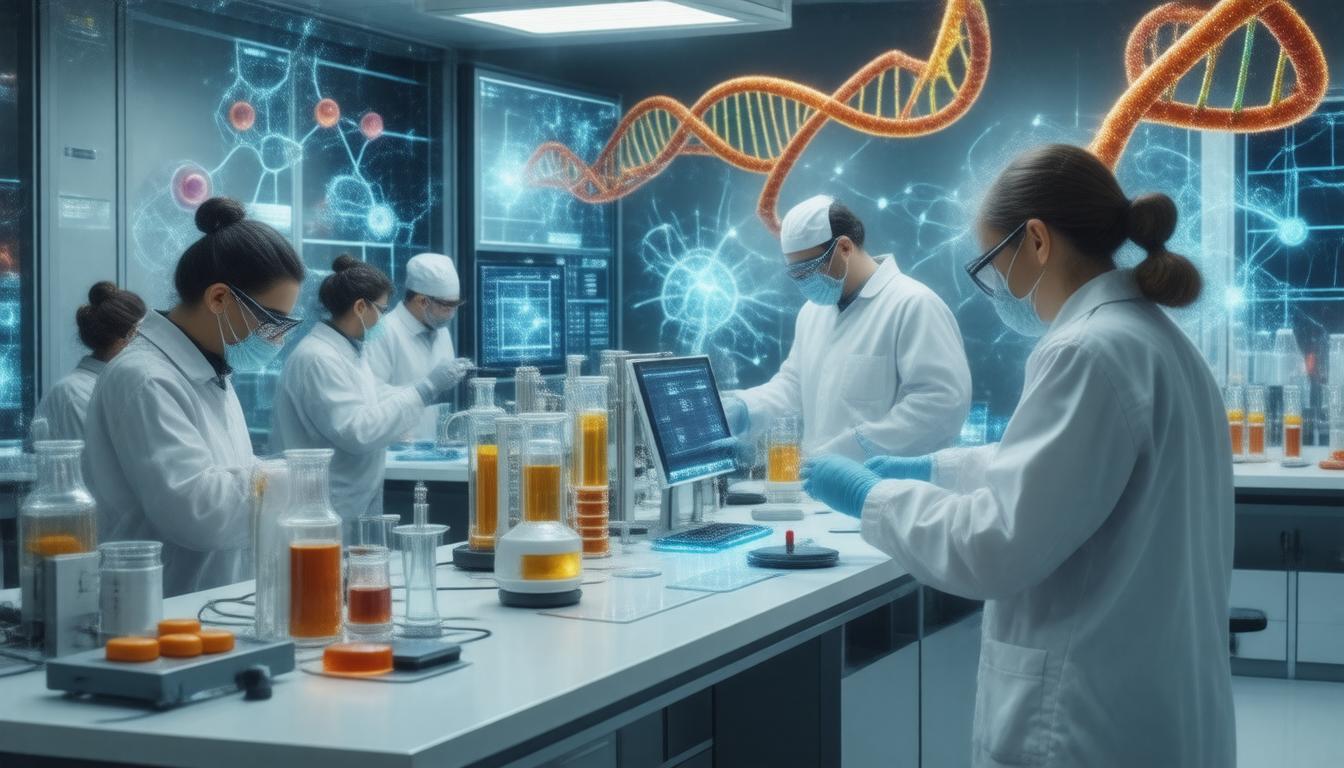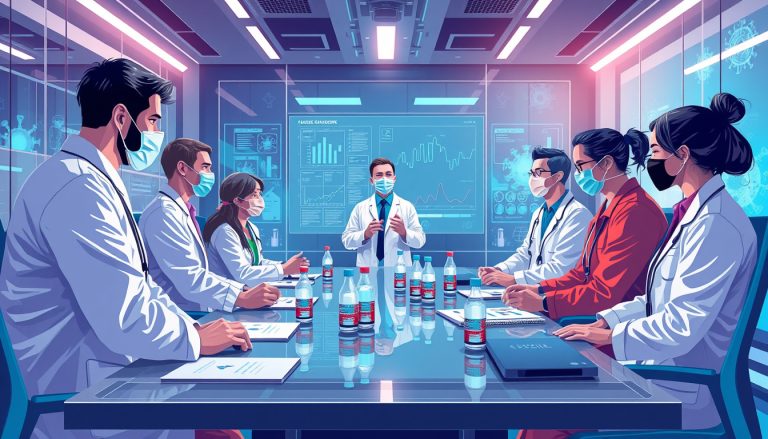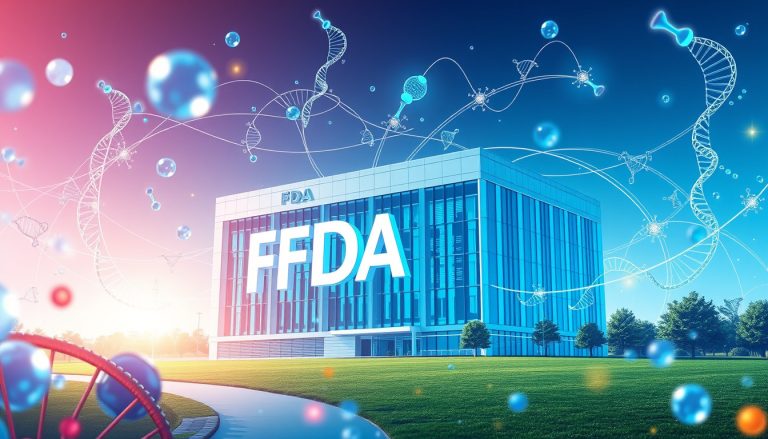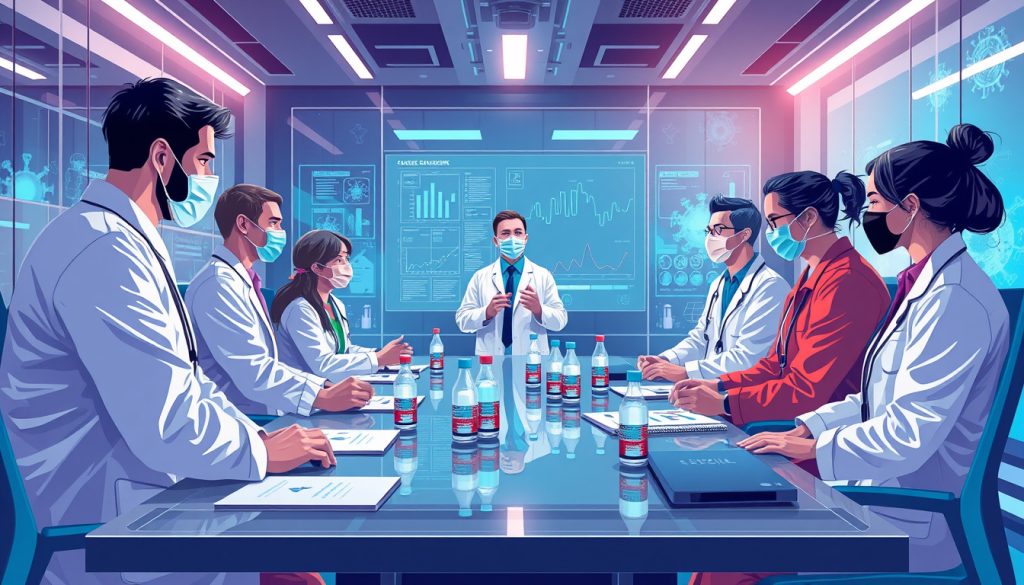In recent years, the marriage of artificial intelligence (AI) and protein engineering has sparked significant advancements in the scientific community, particularly in drug development.
At the forefront of this revolution is David Baker’s lab, a pioneer in the field, known for its groundbreaking work in designing de novo enzymes.
These artificial proteins are engineered from scratch, allowing for enhanced precision in gene editing and opening pathways for new therapies.
This article explores how Baker’s use of cutting-edge AI technology is reshaping the landscape of genetic engineering and what this means for the future of drug development.
Key Takeaways
- David Baker’s lab is pioneering the use of AI to develop de novo enzymes for gene editing.
- This innovation significantly boosts the precision and efficacy of gene-editing technologies.
- The advancements in computational protein design hold the promise of transforming drug development processes.
The Intersection of AI and Protein Engineering
The intersection of artificial intelligence (AI) and protein engineering is reshaping the landscape of biotechnology, particularly in the work being done at David Baker’s esteemed lab.
As a leader in protein engineering, Baker’s lab is at the forefront of harnessing AI to develop de novo enzymes—enzymes that are designed from scratch rather than modified from existing ones.
This groundbreaking methodology not only boosts the accuracy and efficiency of traditional gene-editing tools but also opens up new avenues for drug development, allowing for the creation of more targeted therapies.
With each advancement, Baker’s lab demonstrates a significant leap in computational protein design methods, suggesting that the future of genetic engineering is promising and ripe for innovation.
As we delve deeper into this convergence of disciplines, it becomes clear that the potential applications of AI in protein engineering could lead to significant breakthroughs in medicine, ultimately transforming how we approach genetic disorders and pharmaceutical development.
Future Implications for Drug Development and Gene Editing
The implications of Baker’s innovative work extend well beyond scientific curiosity; they promise to reshape the very foundations of drug development and genetic research.
By using AI-driven approaches to design new enzymes, researchers can create highly specific and efficient tools for editing genes.
This not only enhances the safety and effectiveness of therapies but also significantly reduces the time and cost associated with traditional drug development processes.
With personalized medicine becoming a possibility, therapies could be tailored specifically to individual genetic profiles, minimizing side effects and maximizing therapeutic benefits.
As the technology matures, the collaboration between AI and protein engineering heralds a new era where diseases can be tackled at a molecular level, offering hope to patients with previously hard-to-treat conditions.
















